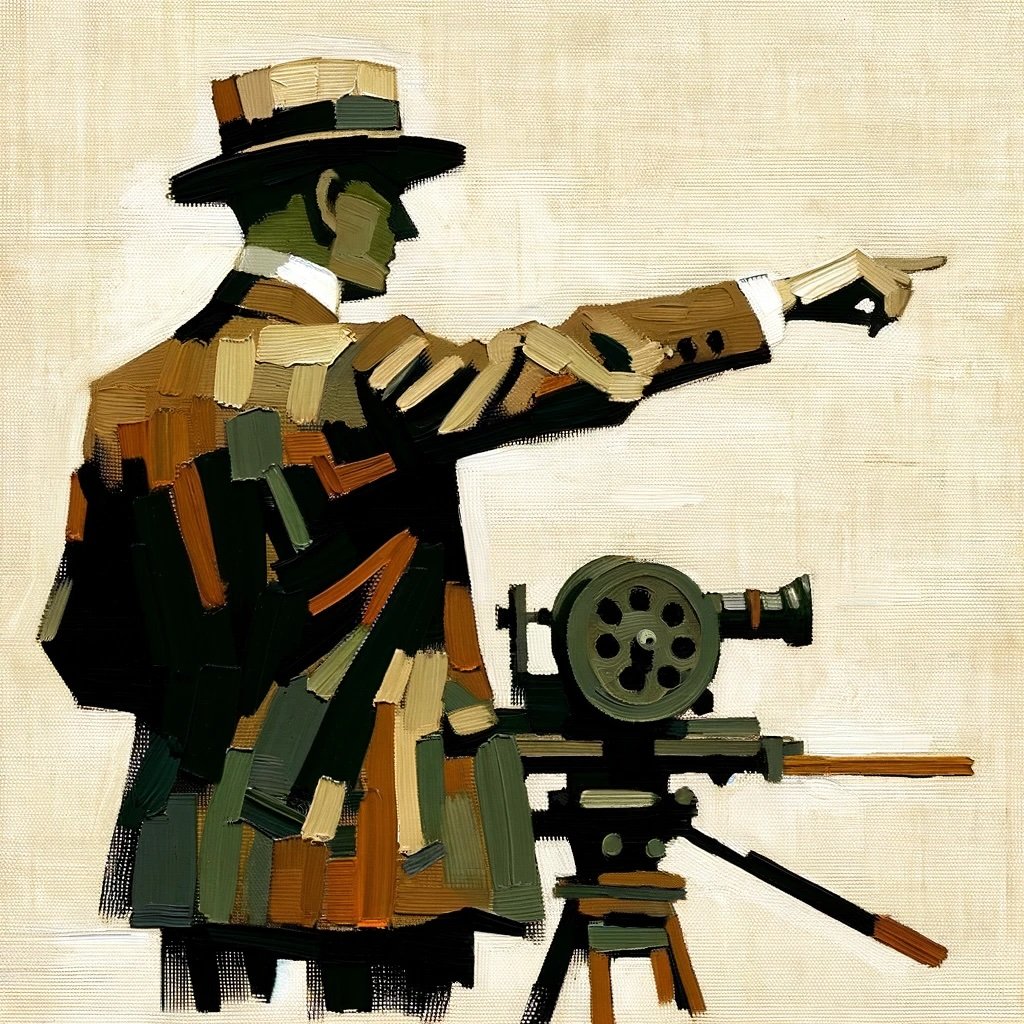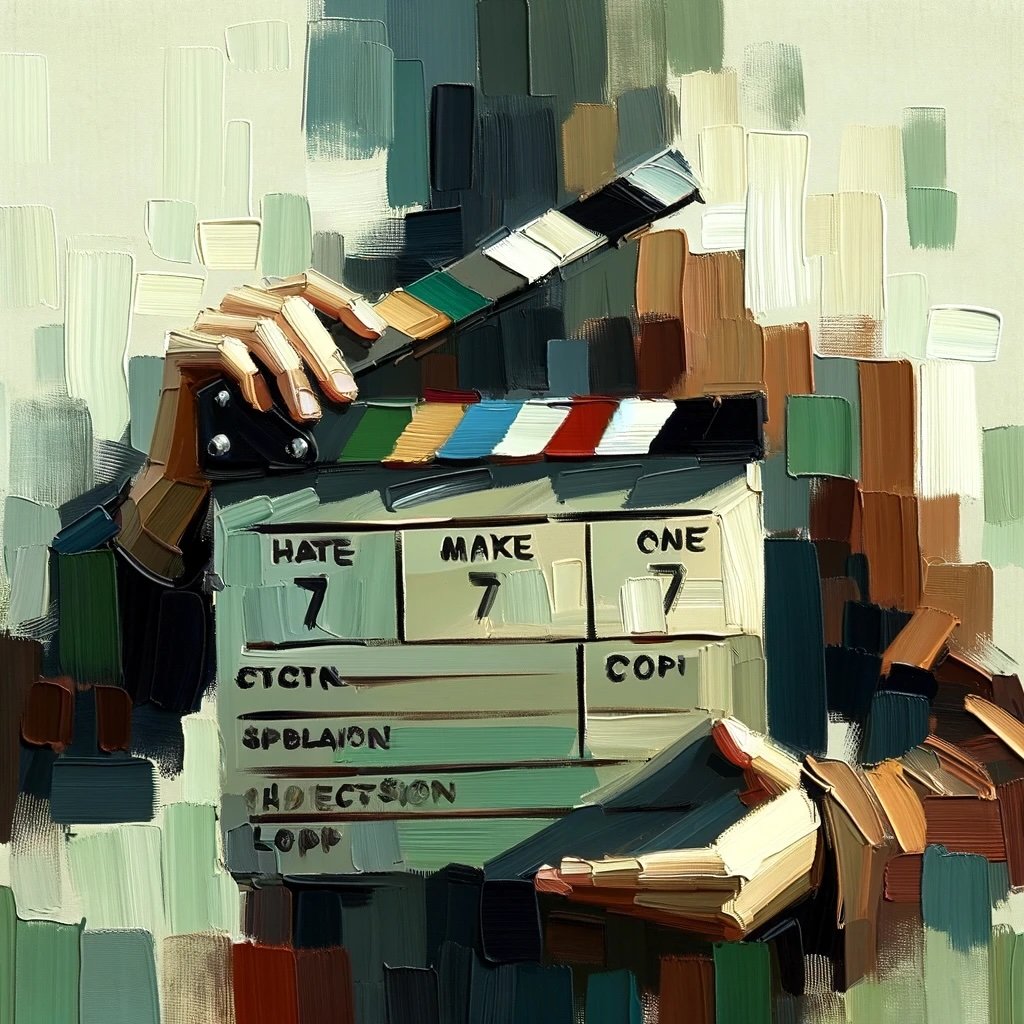Welcome to our informational blog.
Topics covered include literary theory and practice, academic writing techniques, philosophy of education, and explanations of our methods for strengthening creative intelligence.
From Wagner to Brontë: A Writer's Guide to Leitmotifs
Unlike a mere repeated image or phrase, a leitmotif carries symbolic weight, subtly guiding the reader's perception and interpretation of the text. For contemporary authors, mastering the use of leitmotifs can elevate a story, and working with a creative writing consultant can offer valuable insights into incorporating these elements effectively.
Antonin Artaud’s Theatre of Cruelty: A Legacy of Instinctual Storytelling
By breaking free from the confines of conventional storytelling, The Theatre of Cruelty has encouraged artists to experiment with new ways of communicating human experience, reshaping the possibilities of art and narrative. Writers inspired by the Theatre of Cruelty who choose to hire a writing coach might approach this collaboration with the intent of integrating the philosophy’s principles into their work. A writing coach experienced in avant-garde storytelling can serve as a valuable partner in helping writers explore the bold, unconventional techniques central to Antonin Artaud’s vision.
From Dickens to the Digital Age: The Evolving Use of Slang in Literature
From Charles Dickens' London street slang to the internet-based language of today’s young adult novels, the intentional use of informal language can bring stories closer to readers’ real-world experiences. However, slang also presents unique challenges with authenticity, readability, and cultural missteps. For authors navigating these complexities, the guidance of an online book writing coach can be invaluable, offering insights on effective use, responsible research, and stylistic balance.
The Greek Chorus Reimagined: Transforming Classic Techniques for Today’s Stories
Modern storytelling continues to use collective commentary and thematic reflection to shape audience perceptions and provide new layers of meaning. Whether through direct adaptations or subtle inspirations, the essential functions of the Greek chorus—commentary, foreshadowing, and moral questioning—persist as narrative tools. Modern writers, aiming to reinvent the Greek chorus for contemporary audiences, can greatly benefit from working with a professional writing coach.
From Book to Screen: Approaching Adaptations
The adaptation process requires scriptwriters to carefully streamline the story, adapt dialogue, and use visual storytelling to convey a book's themes and characters. Challenges such as remaining faithful to the source material, compressing time, and effectively developing characters must be navigated to create a cohesive and compelling adaptation that resonates with both fans of the original book and new viewers alike. A freelance creative writing consultant can play a crucial role in helping a screenwriter navigate the challenges of adapting a book to the screen.
Dreyer in the Digital Age: A Guide for Modern Filmmakers
A Dreyer film highlights cinema’s potential as a medium for psychological and spiritual exploration, making him one of the unique voices in the annals of film history.
A screenwriting coach and professional screenplay editor can help filmmakers integrate elements of Carl Theodor Dreyer's style into their work.
The Anatomy of a Logline: Insights from Screenplay Editors
A screenplay editor plays a pivotal role in helping screenwriters refine and perfect their loglines, which are crucial for capturing the interest of producers, agents, and audiences.
From Godard to Tarantino: The French New Wave’s Impact on Screenwriting
The French New Wave’s principles of narrative fluidity, character complexity, and aesthetic innovation have had a profound impact on today’s screenwriters and directors. By dissecting these principles, screenplay coaches can harness these techniques to transform how screenwriters develop their scripts, offering tools that promote personal expression and challenge conventional storytelling norms.
Writing Coaching Candidate #5: The Screenwriter and Playwright
The journey from script to screen or stage is intricate, involving not just the crafting of believable conversations in artificial settings, but also the ability to visualize (and ultimately externalize) written scenes and characters in a visceral way. Creative writing coaches can facilitate this process, aiding screenwriters and playwrights like Laura and Raj to bring their visions to life.
Want great writing advice? Ask a playwright
Dialogue is the bread and butter of the play. As a writing coach with Gilliam Writers Group, I’m one of several writing coaches with a background in dramatic writing. So if you need some tips on dialogue for your own novel or short story, here are a few from the theater world, where no one stops talking.











